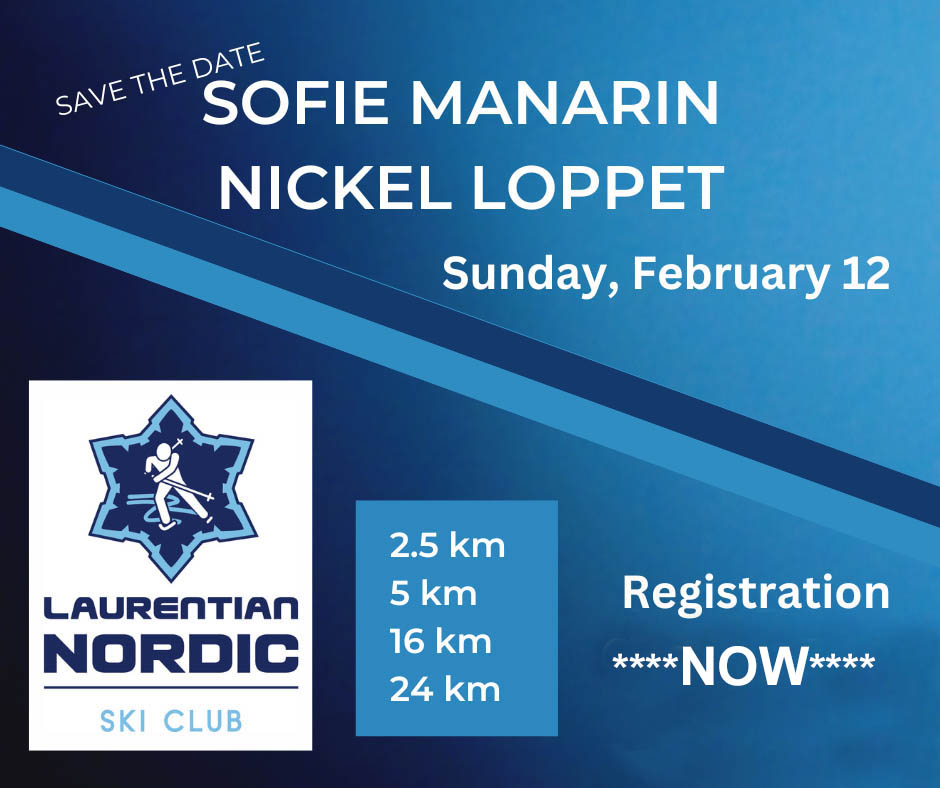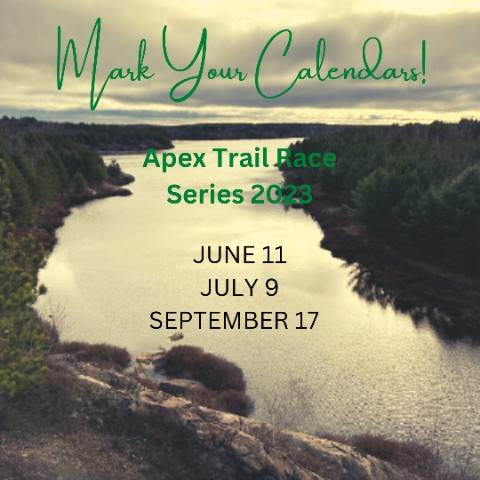|
Pain,
Momentum, Sacrifice and Glory: When is Punishment Good?
By
Ben Kaplan - February 8, 2023
Ben Flanagan isn’t only one of Canada’s
best runners, he’s certainly amongst our most ambitious.
The holder of Canadian records in the 10K and half marathon,
he makes no bones about being greedy in his desire for
even more slots in the record book.
“I was happy last year setting road
records, but everything this season is about making the
national team and qualifying for the World Championships
this summer,” he told me, before the 28-year-old
went on to set a new personal best in the 3000-metre last
weekend at the New Balance Grand Prix. “All of my
decisions right now are based upon accomplishing that
goal.”
The one thing you probably share in common
with Ben Flanagan is a desire to achieve your goal. However,
there’s certainly a sweet spot between safety and
going hard, taking a day off or completing one last rep
and, like when the temperature drops to below negative-40
in Manitoba, running outdoors in three pairs of mittens
or skipping your workout, saving your energy for another
day.
Flanagan, a sponsored athlete for the
buzzy new Swiss company On, has spent oodles of time thinking
about glory and pain. He’s suffered stress fractures
and says that, eighteen months ago: “I literally
broke.” So while Flanagan continues dreaming big—including
setting the 5K record, qualifying for the Olympics and,
eventually, scaling up to the marathon—he’s
also meticulously cautious: he’s stepped over the
ledge and he’s gotten himself burned.
“I have a negative relationship
with the term ‘punishment,’ and prefer ‘sacrifice,’
as a framing method, and it’s good to have an understanding
of what you’re putting yourself through,”
continued Flanagan. “When you finish a workout that’s
so challenging that you never want to do it again, that’s
problematic and not sustainable—and probably does
more damage than good.”
It’s interesting the concept of
‘damage,’ because working out is, by definition,
tearing your muscles apart and rebuilding them to be stronger.
The process, by definition, is uncomfortable. But how
much discomfort is helpful, especially when trying to
go further and faster and finding a new threshold for
your own capabilities? Flanagan pushed himself past his
breaking point, learned his lesson, and now is aware of
his body, and his times improved. The question is: how
should all of this relate to you?
“I’ll run solidly into the
-30s, because nothing makes you feel like more of a super
hero than coming home from a run in those temperatures
and being able to say that you did it,” says Kirsten
Parker, who, in addition to hosting the podcast Women
Run Canada, works at the Manitoba Marathon, one of Canada’s
best summer events. Parker, a proud middle-of-the-pack
athlete, has asthma and knows that icy roads are dangerous,
but says there’s a mental edge she gains when defeating
the elements. She said, “Knowing that you are doing
something that 90% of the population thinks is crazy feels
good!”
Obviously the hurt we feel in practice can translate into
race day success and some of the reason why we run in
the first place is the feeling of accomplishment after
achieving difficult things. But our hobby shouldn’t
always be punishment and if your workouts leave you crippled,
it will be difficult to sustain. Flanagan also brought
up an interesting training phenomenon in our conversation,
which could be another way of framing the conversation:
momentum.
Whether it’s a long run or a training
day off, as runners we strive to build consistency. And
so if a hard run knocks you out for the rest of the week—and
then you have to rebuild your base, and in the meantime
you polished off a Dominoes Pizza—that workout wasn’t
worth the long-term equation. On the other hand, if speed
work in the dark and cold led to a breakthrough: if you
ran into the wind, surprised yourself, and then hit your
next workout refuelled, the degree of difficulty would
have proved a success. Since training is a process, says
Flanagan, each run, each race, should set up the goal
on your journey.
Even Ben Flanagan says our sport is about
the long run, not about the sprint.
“When I’m faced with challenges,
the two things I emphasize are motivation and momentum,
and how will each of my specific decisions affect those
two things,” Flanagan says. “Every once in
a while, it’s not bad to go to deep uncomfortable
states, but you have to prioritize sustainability and
good habits. I found out the hard way that happiness over
the long-term leads to better success than that naive
mentality of grind-or-die.”
|


219.jpg)






















